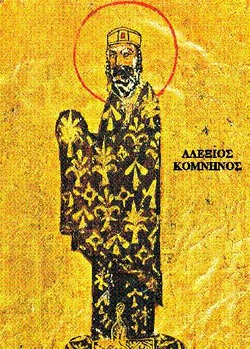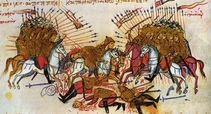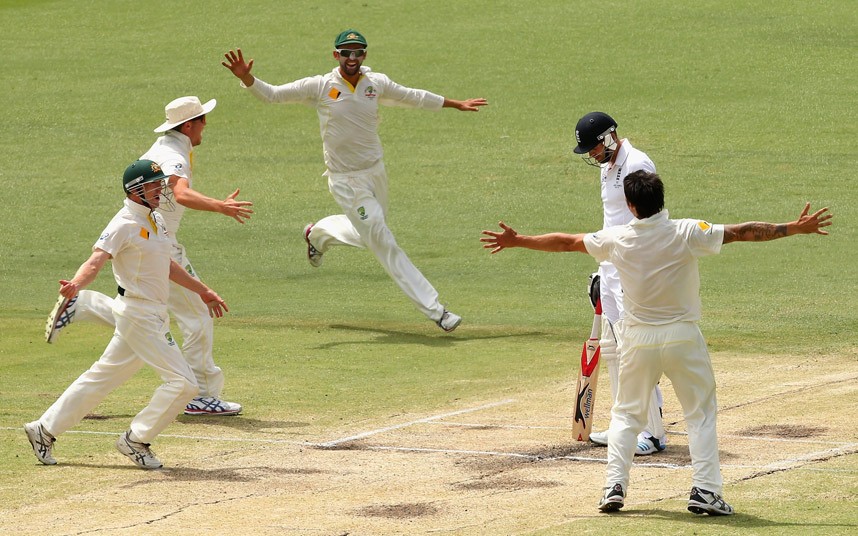But perhaps the most interesting parallel was the way that both were/are introverted societies: while willing to engage with outsiders, interest in the outside world could be limited. In Byzantium, for example, only one of the six of seven main historians of the 11-12th centuries even mentions the loss of southern Italy to the Normans in 1071 that marked the end of centuries of Byzantine rule. In China too, focus remains firmly where it has always been: on the court - which remains today imperial in all but name. For almost all Byzantines, the world was Constantinople; for almost all Chinese, the impulse towards the centre is the same.
And where there are insular imperial courts, ruler(s) are supreme; and where that happens, where you stand in relation to your peers counts for everything.
In the Byzantine world, this was way there were persistent outbreaks of title inflation - where aristocrats and big-wigs lobbied for ever grander and better labels to describe themselves. Once there were good old days, says one author, where the label 'patrician' or 'master', were good enough. As the economy grew, he went on, what a shame it had become a free for all.
He was right. In the 1080s, there was galloping change that became almost laughable. In barely ten years, things went as follows.
A new title was introduced of 'sebastos' (or 'blessed').
Soon after, came 'protosebastos' ('Number One sebastos to you, buddy').
Before long, 'hypersebastos' ('Beat THAT, you clowns, sebastos').
Then 'panhypersebastos' ('Oh yeah, well, I think you'll find I just did, sebastos')
And then 'panyphersebastos epiphanestatos' (most glorious, tip top, Royal Flush to the Ace sebastos)
So how reassuring to see this starting to happen in China in real life, in real time. Here is the business card of Chen Guangbio.
Perhaps he's been reading my book on the Byzantine Empire at the time of the First Crusade. He's certainly got the right idea of how to stand out from the crowd.
Hats off to you sir: panyphersebastos epiphanestatos







 RSS Feed
RSS Feed